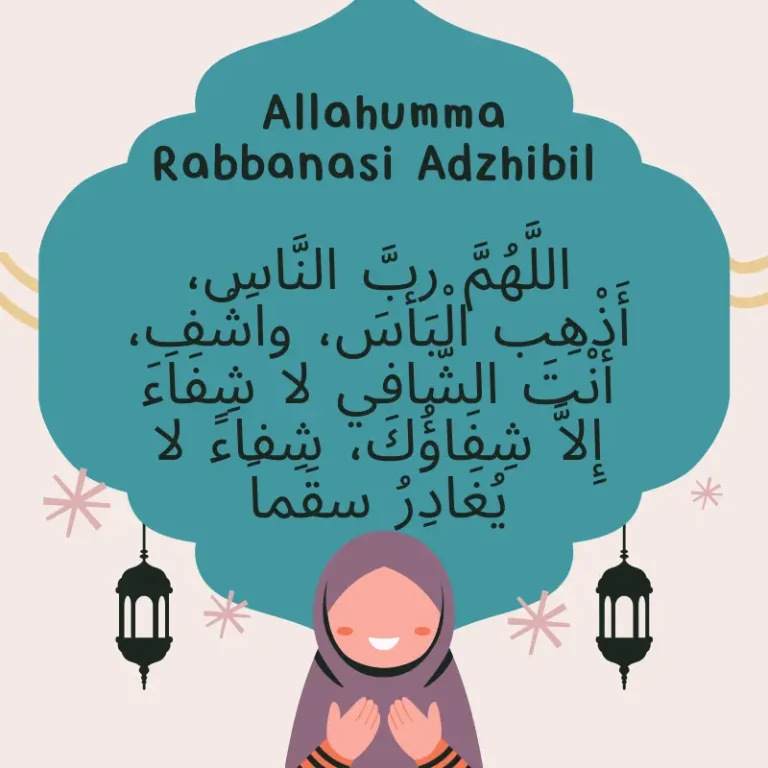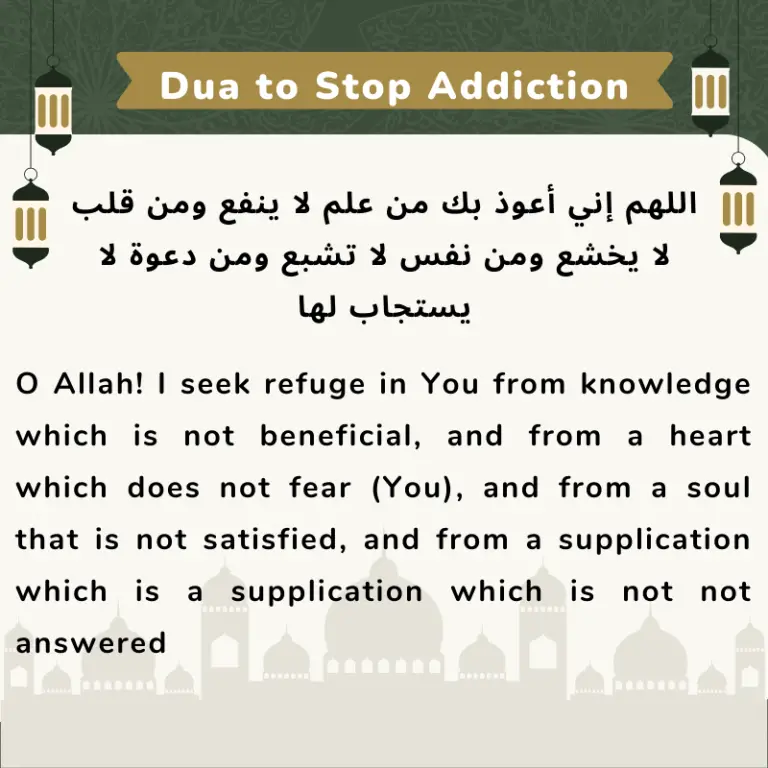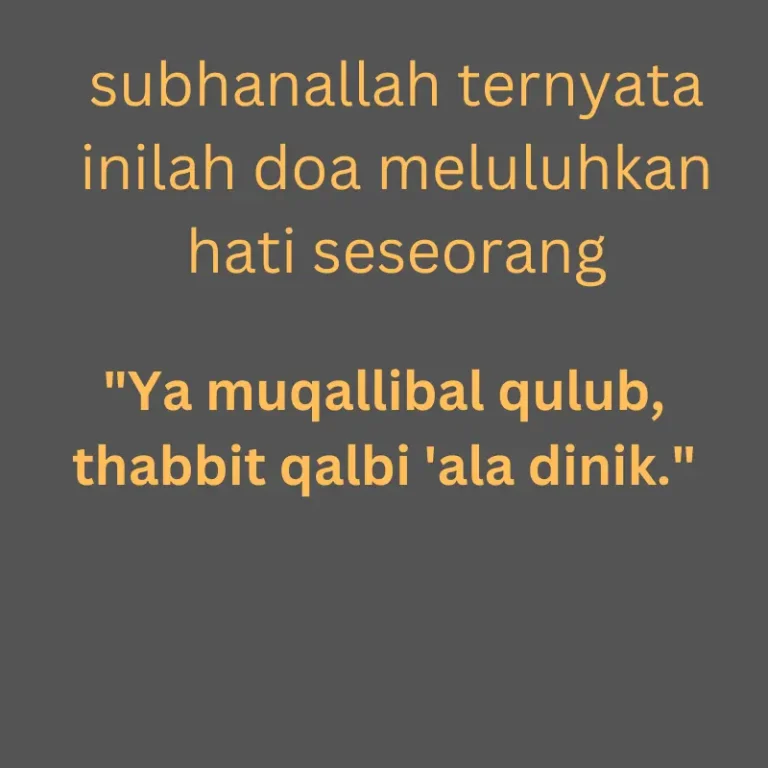Duas For Breaking Fast – Iftar Dua
Breaking fast holds profound spiritual significance in the lives of Muslims, especially during the holy month of Ramadan. Whether it’s within Ramadan or outside of it, reciting duas when breaking your fast can deepen your connection with the Divine and enhance the experience.
Duas For Breaking Fast – Iftar Dua in Arabic
اللَّهُمَّ لَكَ صُمْتُ وَعَلَى رِزْقِكَ أَفْطَرْتُ
Dua for Breaking Fast in English
Allahumma laka sumtu wa ‘ala rizqika aftartu
Translation:
“O Allah, for You I have fasted, and with Your sustenance, I have broken the fast.”
Another Dua for Breaking Fast in Ramadan in Arabic
اللَّهُمَّ إِنِّي أَسْأَلُكَ بِرَحْمَتِكَ الَّتِي وَسِعَتْ كُلَّ شَيْءٍ أَنْ تَغْفِرَ لِي ذُنُوبِي
Dua for Breaking Fast in Ramadan in English
“Allahumma inni as’aluka bi rahmatika allati wasi’at kulla shay’in an taghfira li dhunubi”
Translation:
“O Allah, I ask You by Your mercy that encompasses all things, to forgive my sins.”
Significance of Duas When Breaking Fast
During Ramadan, breaking fast becomes a cherished moment, symbolizing the end of a day’s devotion and the beginning of nourishment. Muslims turn to duas to express gratitude, seek blessings, and reaffirm their faith. These supplications encapsulate the essence of the fast – patience, humility, and the acknowledgment of blessings.
Duas for Breaking Fast Outside Ramadan
While Ramadan is the pinnacle of fasting, there are occasions when Muslims fast outside of it too. Whether it’s a voluntary fast or a fast on specific days, reciting duas remains a spiritually enriching practice. These duas serve as a bridge between regular days and the sanctity of Ramadan.
Reciting the Iftar Dua for Breaking Fast
The iftar dua, or the supplication for breaking fast, carries immense weight. It’s a moment to pause, reflect, and seek blessings from Allah. Reciting this dua is a beautiful way to transition from the state of fasting to that of nourishment. The dua can be recited in Arabic, but its meaning should also resonate with you. For those more comfortable in English, there are translations available that maintain the essence of the supplication.
The Right Time to Recite Duas for Breaking Fast
The timing of reciting duas when breaking fast is crucial. The moment when you break your fast with dates or water is a prime time to recite these supplications. This instant of vulnerability and humility is when duas hold the most potent energy, connecting your heart with the divine grace.
Variations of Duas Across Islamic Traditions
Islamic practices and rituals can vary across cultures and traditions. Similarly, the ways in which duas for breaking fast are recited might differ. Embrace this diversity, understanding that the core purpose of these duas remains constant – to seek blessings, express gratitude, and connect with the Divine.
Deepening Spirituality Through Duas
Reciting duas when breaking fast is not merely a ritual; it’s a spiritual experience. It’s an opportunity to cultivate patience, gratitude, and humility. The act of reciting connects you with a larger community, amplifying the collective devotion during Ramadan and beyond.
Step-by-Step Guide to Reciting Duas
Reciting duas is an art that involves mindful contemplation and sincere intention. Step by step, immerse yourself in the practice. Close your eyes, focus your heart, and utter the words with devotion. Let the energy of the supplication permeate your being.
Historical and Cultural Significance
Throughout history, breaking fast with duas has been a cherished tradition. It’s a practice that has transcended time and geography, uniting Muslims in a shared experience of faith. The cultural variations in recitation styles and rituals reflect the diverse tapestry of the Muslim world.
Reciting duas for breaking fast during Ramadan and outside of it is a spiritual journey of gratitude, connection, and devotion. Whether you utter them in Arabic or English, their essence remains intact, fostering a sense of unity among Muslims worldwide. As you break your fast, let these powerful supplications nourish not only your body but also your soul.
When should I recite the dua for breaking the fast?
This dua should be recited at the moment of breaking your fast, just before you eat.
Can I recite the iftar duas in my own language?
While it’s preferable to recite duas in Arabic, you can also supplicate in your own language if you’re more comfortable.
Are there specific times when the dua for breaking the fast is more effective?
The moment of breaking the fast, known as Maghrib, is a particularly special time for dua. However, you can supplicate to Allah at any time with sincerity.
Can I recite duas from memory or should I read them from a source?
Both options are acceptable. If you’re comfortable with the words, recite from memory. If not, it’s perfectly fine to read them from a reliable source.
What is the significance of reciting duas while fasting?
Duas during fasting serve as a means of seeking blessings, expressing gratitude, and deepening your spiritual connection with Allah during this sacred month.








